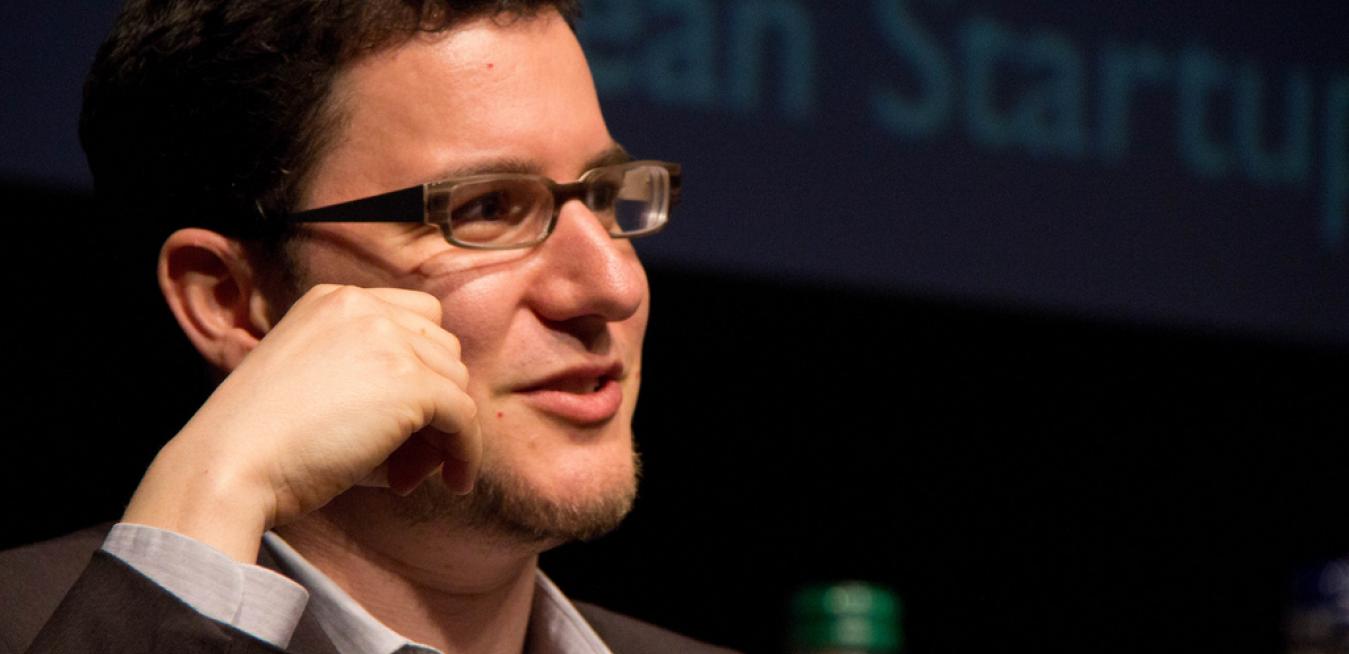Despite declining prices, oil producers and consumers haven't shown much inclination to change their behavior. Here's why.
Global stock markets have been in a tailspin. And the sinking price of oil received at least some of the blame.
Over the coming decades, all industries will be transformed by converging technological trends that dramatically alter how companies do business. This will undoubtedly lead to many current jobs becoming obsolete. However, technological change will also create countless new roles that companies will need to fill.
We’re future-gazing and fast-forwarding to 2040, where we’re looking at the most in-demand jobs in the offshore oil and gas industry.
Virtual Reality Trainer
Data can help channel private-sector investment and incentivize reforms, creating a positive cycle for development.
A small American energy company is looking to expand into the developing world. It has limited resources to scope out the relative risk of foreign markets, so it relies in part on a trove of indices gathered by the international community. In the emerging and developing markets of the 21st century, that kind of easily available data can help drive critical foreign investment decisions.
As part of a regular series featuring content from BRINK, Tom Jacob and Karen Shellenback of Mercer discuss the need for companies to invest in cybersecurity talent to maintain competitiveness.
Amid a growing fear of “Digital Darwinism,” executives are embracing the startup ethos to stay competitive in the fast-paced global economy.
By embracing the 4th Industrial Revolution, we transform the electric grid and we can improve access to affordable, reliable power.
The Fortune 500’s success at “optimizing at will” has come at a cost. To survive in today’s fast-paced global economy, it’s time to focus the ability to “grow at will.” You need to install a Growth Operating System.
Ask a Fortune 500 CEO, “How many $50 million companies did you launch last year?” The answer should be: “many.” A great company should be teeming with growth. But more likely than not, the answer you’ll get is: “zero.”
Innovation can help tackle some of our greatest global health challenges. But to attract the necessary investment and achieve our goals, we must work together as a global community.
New health technologies improve human health and unlock human potential. From the polio vaccine and antiretroviral drugs to a novel meningitis vaccine and appropriately dosed, child-friendly tuberculosis (TB) drugs, life gets better through innovation.
We are at the start of a power revolution. The coming year presents a number of opportunities to take action to improve global access to electricity.
The world has made great progress over the past several decades. Primary education is becoming almost universal in many regions, child mortality rates have fallen globally, and life expectancy has risen in most countries. To maintain this momentum we need a sustained commitment to invest in infrastructure that provides people access to healthcare, water and most crucially, electricity.














